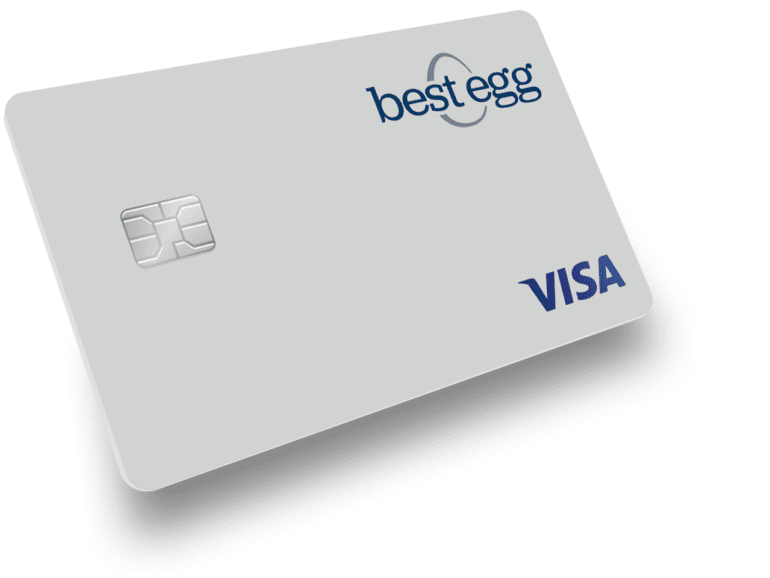For many in the consumer lending space, 2021 was a good year. For Marlette, it was their best year ever. Their Best Egg business booked $4.6 billion in personal loans, generated $300 million in revenue, and hired over 250 people – all records for the company. They also achieved record GAAP profitability.
So, from this position of strength, the company proceeded on its latest round of fundraising. Marlette recently closed a $225 million Series E equity raise led by the Healthcare of Ontario Pension Plan (HOOPP) with participation from investment funds advised by Davidson Kempner Capital Management LP and a large international bank.
Last week, I caught up with CEO and Founder Jeffrey Meiler to talk about their record year and this latest round. While he was delighted to close this equity investment, I could tell he was just as excited about the direction of the business, including the launch of their new card business. He said, “While the US card industry is very mature, there are still large numbers of people who are underserved in the near-prime and sub-prime space. Our new Best Egg Visa card is primarily serving near-prime consumers.”

Industry observers have been waiting for this credit card from Marlette.
Most of the executive team, including Jeffrey, come from Barclaycard, where they launched their first US near-prime credit card in 2004. He was quick to point out, “We are the only fintech team launching a near-prime credit card platform that is doing so for the second time.”
When I asked Jeffrey what has changed in the card market since 2004, he said a number of things. Back then, it was all about the credit report and direct mail. Today, the technology is so much better. Connecting to bank accounts is much easier, and underwriting using free cash flow is more sophisticated, leading to better outcomes for our customers. And with the Card Act, the economics of the business and the product construct have changed to become more consumer-friendly. But in many ways, the market has still not developed, and many consumers are not being well-served.
After launching last June, they have over 23,000 cardmembers and are growing fast, although the product is offered by invitation only for now. There is no annual fee for the Best Egg card, and everything is mobile-centric. Jeffrey pointed out that their card intends to be a tool that builds their cardmembers’ financial health and confidence, not a play to generate profits via penalty fee income.
Speaking of financial health, this was the other new initiative that Jeffrey was excited about: Best Egg Financial Health. This is a free tool to help anyone manage their finances. They start with credit information, providing a free credit score, alerts on changes to the credit report, and a credit score simulator to help their customers experiment with different choices.
They have enrolled more than 140,000 members who can now become more financially confident in their decisions. Their target customer is not being served well by banks, and Jeffrey and the team see an opportunity to provide these people with the best tools to help them navigate their financial life. He said, “One of the main impacts of all the fintech advances of the last decade is the ability to inexpensively serve huge numbers of people who were previously underserved.”
This new funding will allow Marlette to fund their growing card business “as well as growth through exploring expansions to our platform and additional strategic opportunities.” There is no word on exactly what that means, but Jeffrey pointed out there are many more ways the near-prime consumer is underserved, and they are looking to build a comprehensive platform that caters to this population.
My Take
I first wrote about Marlette back in 2015 when they were 15 months old and the fastest-growing marketplace lender in the country. Since then, they have continued to impress me as they have navigated fast growth, emphasizing profitability.
The card business is such a logical extension for them with the team’s deep experience from Barclaycard. In my mind, a credit card was always on their roadmap and in my podcast with Jeffrey three years ago. He hinted that it was on the horizon.
The pandemic probably changed the timetable as it provided unique challenges for most fintech lenders. But Marlette has bounced back fast and is on pace for a record first quarter.
I like their new financial health initiative, becoming an essential part of the product mix for more fintech lenders. We have the tools now to make a real difference in consumers’ financial lives, and I am delighted to see companies like Marlette devote their resources to building such a platform.
With a new cash war chest, the company is well-positioned to blow past its record numbers in 2021.


